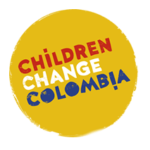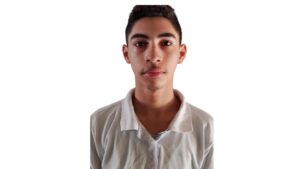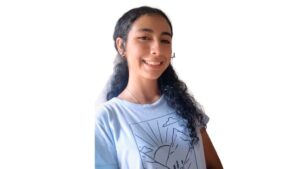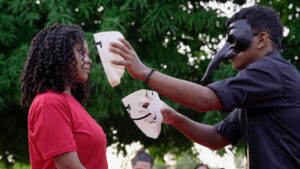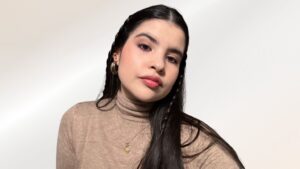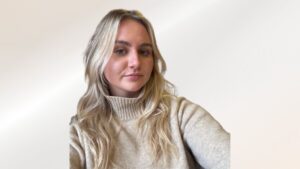Jeremy, 18, wants to study Software Engineering and contribute to improving the lives of others, especially vulnerable children. Through his scholarship, he plans to learn how to use technology to25 July 2022
Read MoreTransforming Futures Through Education and Green Jobs
The pandemic, among all its problems, highlighted the stark inequalities faced by Colombia in terms of access to quality education. The different modalities of remote education adopted as an alternative during the pandemic increased the education gap for children and young people in areas with very low connectivity, such as the rural areas of the Caribbean region. In partnership with Misión Gaia, Children Change Colombia’s new initiative aims to tackle this issue.
The project takes place in Minca, a small village on the Colombian Caribbean coast in the foothills of the imposing Sierra Nevada de Santa Marta. A place where the contrasts are as challenging as they are common in many of Colombia’s rural regions; on the one hand there are luscious landscapes full of diversity and richness in agricultural products, such as coffee, mixed with an emerging ecotourism industry, while on the other hand the local context is marked by few job opportunities and a lacking social infrastructure.
The project uses an approach based on active methodologies that aim to improve the academic performance of students in two rural schools and to provide them with tools for development through extracurricular and vocational training that will enable the children and young people to succeed in their academic courses and find meaningful careers at the end of their high school studies.
Workshops are held to reinforce transferable skills such as oral expression and critical thinking, as well as STEAM (science, technology, engineering, the arts, and mathematics) topics and English lessons that allow them to deepen their knowledge and abilities.
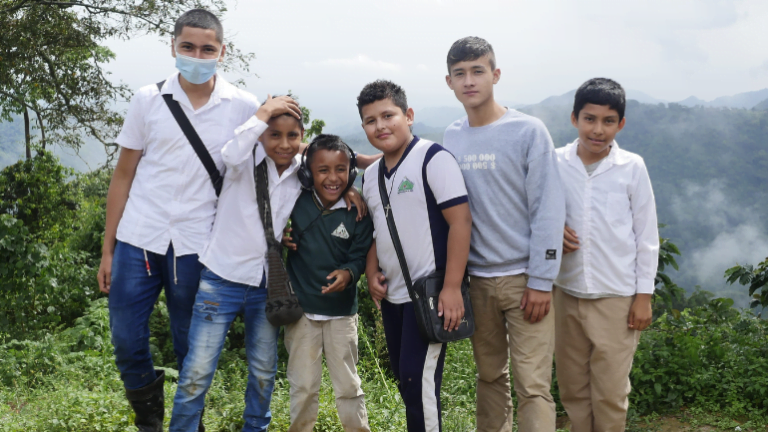
Within the project, students have created a communications collective where, using media such as videoblogs, podcasts and magazines, they develop research skills, critical thinking, creativity, use of technological tools, expression and other soft skills, as well as connecting with their territory and culture. So far, the children and young people involved in this collective have been highly motivated. They are discovering new experiences and ways of learning that allow them to rediscover their environment and get excited to learn new things.
Additionally, monthly workshops are held with teachers, where teaching methodologies are enriched by introducing active methodologies and gamification to encourage more participatory teaching processes.
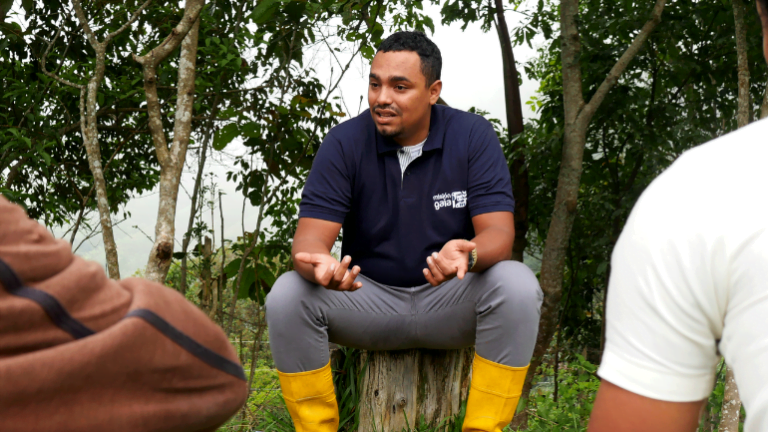
Vocational training and entrepreneurship workshops are carried out with the young people in their final two years of secondary school. The main topic they learn about is the potential of their territory for sustainable agriculture and ecotourism. The training includes field trips that end with internships in local businesses for some of the students, allowing them to gain first-hand work experience.
As Wilson, one of the educators for the project says, “the objective is to motivate the students so that they can transcend within the territory and open doors for them to become transformers of their communities and build their own futures.”
Help us empower rural communities, please donate today
More News
Diana’s story
Diana wants to use her scholarship as a platform for transformation and inspiration to show girls like her that with talent and determination, there are no limits to what they25 July 2022
Read MoreLa historia de Jeremy
Jeremy, de 18 años, quiere estudiar Ingeniería de Software y contribuir a mejorar la vida de otras personas, especialmente la de niños y niñas en situación de vulnerabilidad. A través25 July 2022
Read MoreLa historia de Diana
Diana Valentina Ortiz, de 18 años, se une a nuestro programa de becas para estudiar Ingeniería en Computación. A lo largo de su vida ha tenido que enfrentar numerosos desafíos25 July 2022
Read MoreResistencia a través de las artes: cómo los jóvenes lideran la lucha contra la violencia basada en género en Colombia
En su esencia, la campaña busca mitigar y concientizar la violencia sexual y la VBG a través de la expresión artística. En lugar de apoyarse en narrativas impuestas desde el25 July 2022
Read MoreResistance through the Arts: How Young Leaders Are Transforming the Fight Against Gender-Based Violence in Colombia
At its core, the campaign seeks to mitigate sexual violence and GBV through artistic expression. Rather than relying on externally imposed narratives, the process centers Colombia’s youth as creators, strategists,25 July 2022
Read More